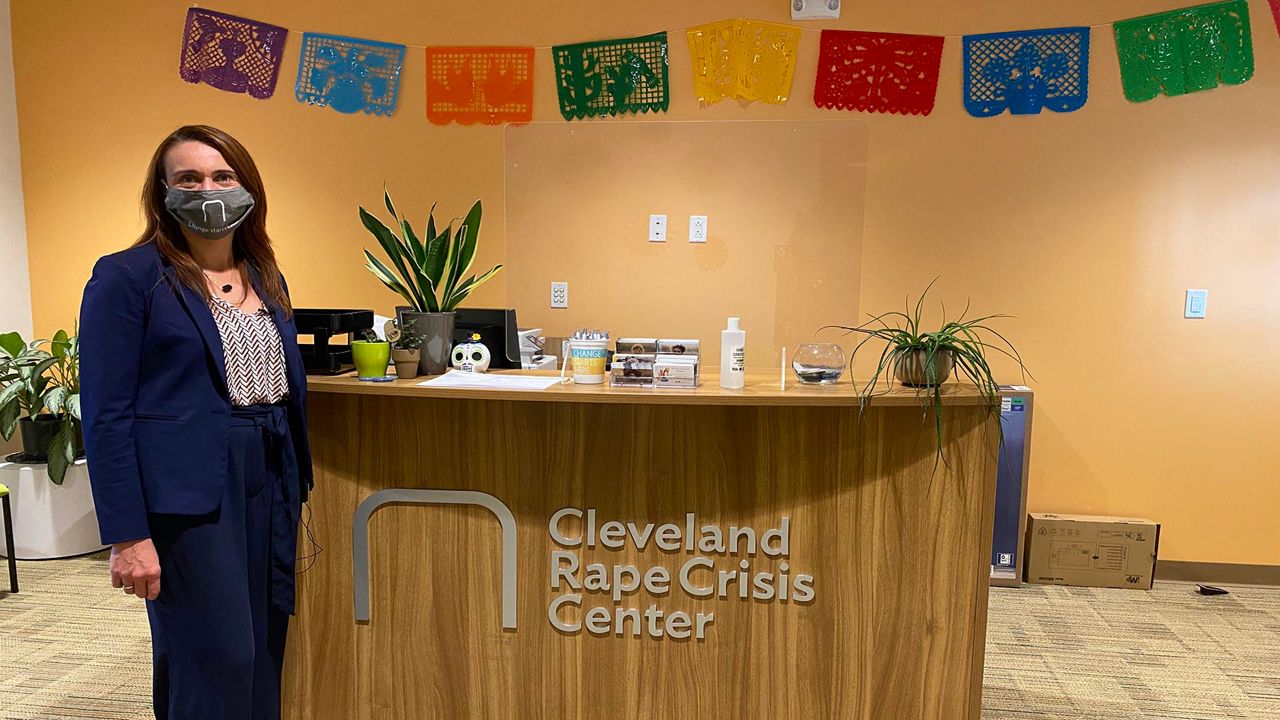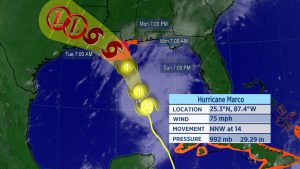CLEVELAND, Ohio — Over the past several months, police-involved shootings of people of color have taken over headlines, leaving many in the Black community feeling what’s called “Black fatigue.”
With this being Mental Health Awareness Week, Spectrum News talked with a mental health professional about Black mental health and how to overcome “Black fatigue.”
Cassandra McDonald used to be a counselor at a mid-security prison. She has firsthand experience of a loved one being murdered.
“My brother was actually murdered about a year and a half ago, two years I should say, and that touched me in a way that I had never experienced,” said McDonald.
So, the topic of Black fatigue is all too familiar to her.
Dr. Marsheena Murray at MetroHealth Medical Center broke down exactly what Black fatigue is.
“Black fatigue really just means that Black people as a whole are tired. And I think part of that comes from the toll of being Black in this country it’s a price and right now Black people especially are paying that price of what it calls to be Black in this country. So when we think of all of the shootings, and the killings, and the murders that have occurred in the past six months — it’s been exhausting seeing it. Seeing people that look like you get murdered for no other reason than the fact that they look like you,” said Dr. Murray.
Just this month, another unarmed Black man named Jonathan Price was reportedly shot and killed by police in Texas. This sparked outrage on social media among the Black community, especially on the heels of the grand jury indictment in the Breonna Taylor murder case and protests over George Floyd and Jacob Blake.
Dr. Murray said seeing the same thing happen over and over again is also having a negative impact on the Black community.
“It’s scary. People are afraid, nervous, angry, upset. It’s so many different emotions, but it’s not just experiencing those emotions once it’s experiencing those emotions again, and again, and again, and again,” said Dr. Murray.
“At the same time, it’s almost like you start becoming jaded to it because it’s an expectation. And it’s sad that it’s an expectation, but you’re so mentally fatigued and stressed and your anxiety is up so much because you’re just waiting on the next story. Who’s the next George Floyd? Who’s the next Breonna Taylor?” said McDonald.
But not only are Black people dealing with the hurt and pain of injustice and civil unrest. They’re also burdened with the realities of COVID-19. That’s why Dr. Murray said it’s important for Black people to protect their mental health. But she acknowledges that’s not always an easy thing to do in a community where talking about mental health can be taboo and prayers and religion are the answer instead.
“Don’t be afraid to go contact a therapist, reach out to someone, get professional help, because it is a lot to manage on your own,” said Dr. Murray.
McDonald agrees.
“When you go through trauma and you see trauma all the time, even me as a professional, I know I need to talk to someone because this is affecting me. I don’t want to eat. I’m angry. I’m stressed out. I’m these things but I’m human so I understand that,” she said. “And especially in the black community as everything we’re seeing around us, we have to get out of that old ideology that oh we handle it at home, no you don’t handle it at home you talk to somebody. You can pray but you really still need to seek professional health and there’s nothing wrong with that.”
Both Dr. Murray and McDonald said it’s also important for parents to check in on their kids mental health. If you think your child is depressed or showing signs of mental illness, you should seek professional help for them as well.




